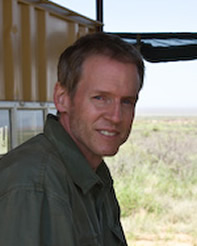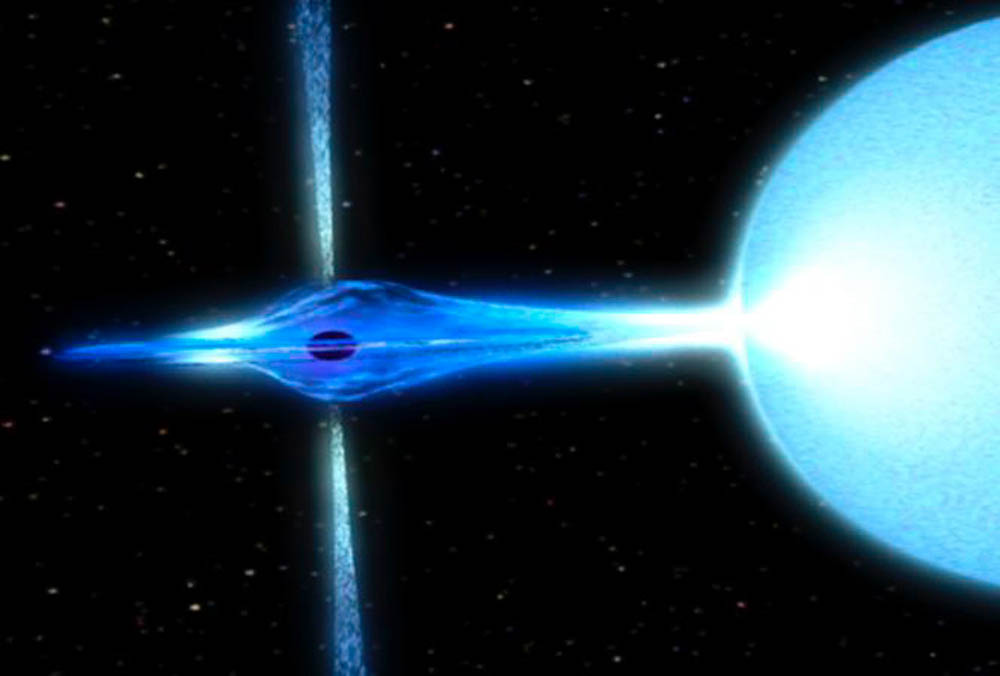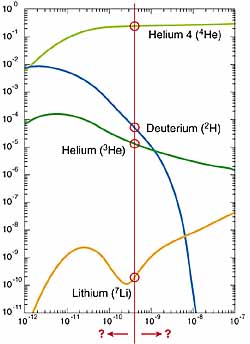Yes, the latest is that diamonds are a swirl's best friend, as Robert Roy Britt notes in "Diamonds May Have Jump-Started Life on Earth" (Fox News, July 28, 2008):
When primitive molecules landed on the surface of these hydrogenated diamonds in the atmosphere of early Earth, a few billion years ago, the resulting reaction may have been sufficient enough to generate more complex organic molecules that eventually gave rise to life, the researchers say.
[ ... ]
The new research does not conclusively determine how life began, but it lends support to one possible way.
Could life on Earth be much older than supposed? (700 million years older?)
"Sci-fi writer reminds us that life from outer space is not life from Roswell" (= an extraterrestrial origin of life is a respectable hypothesis)
"Origin of life a perfect circularity" (Even the concept can be difficult to define.)
"Why the origin of life is such a difficult problem" (because the many theories are in fundamental conflict with each other)
"Origin of life: Tangled skein continues to tangle"
Oh, and let's not forget "Talking to origin of life scientists: Like giving a bobcat a prostate exam?"
It's nobody's fault. Origin of life probably isn't a solvable problem.




















